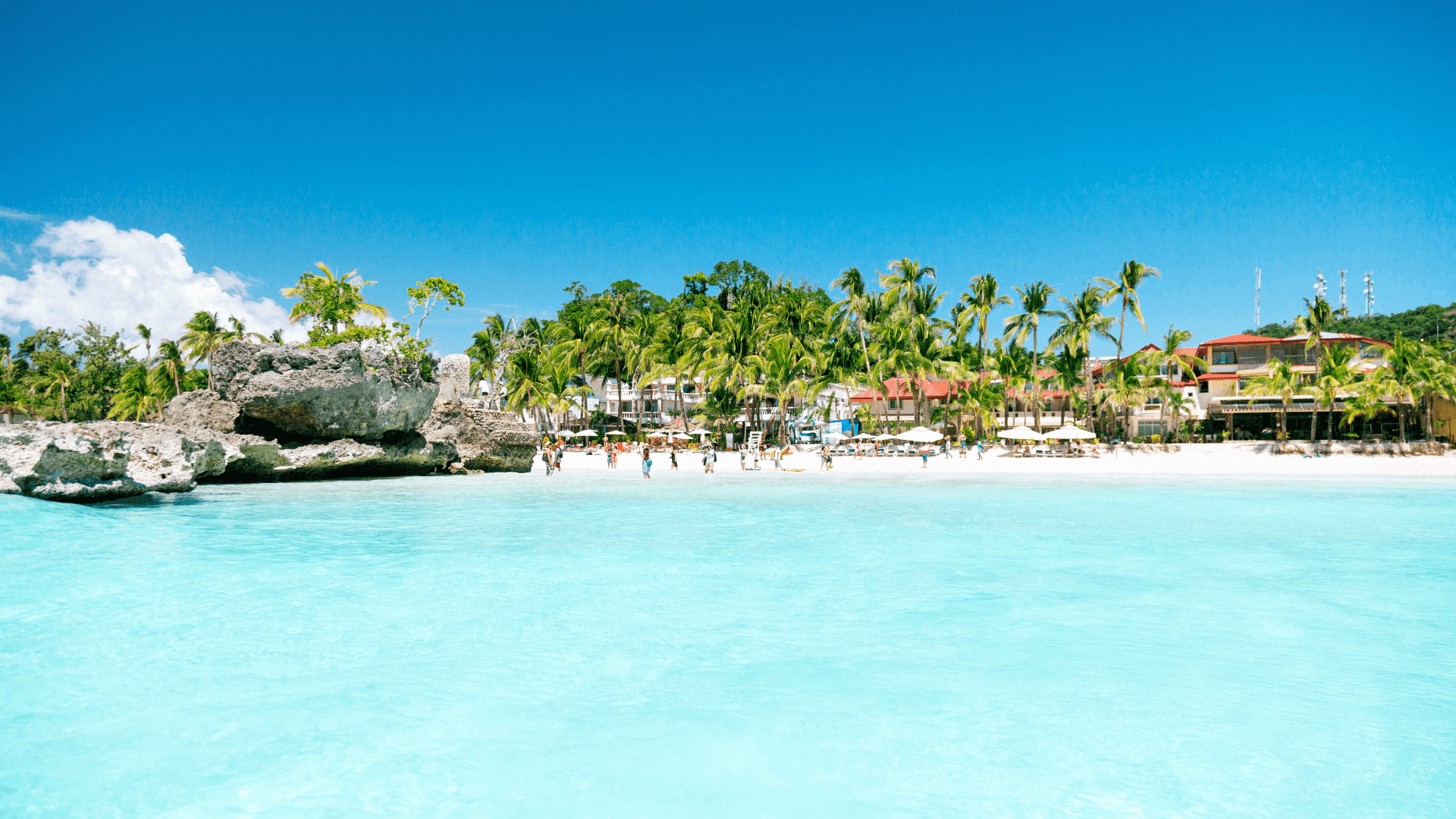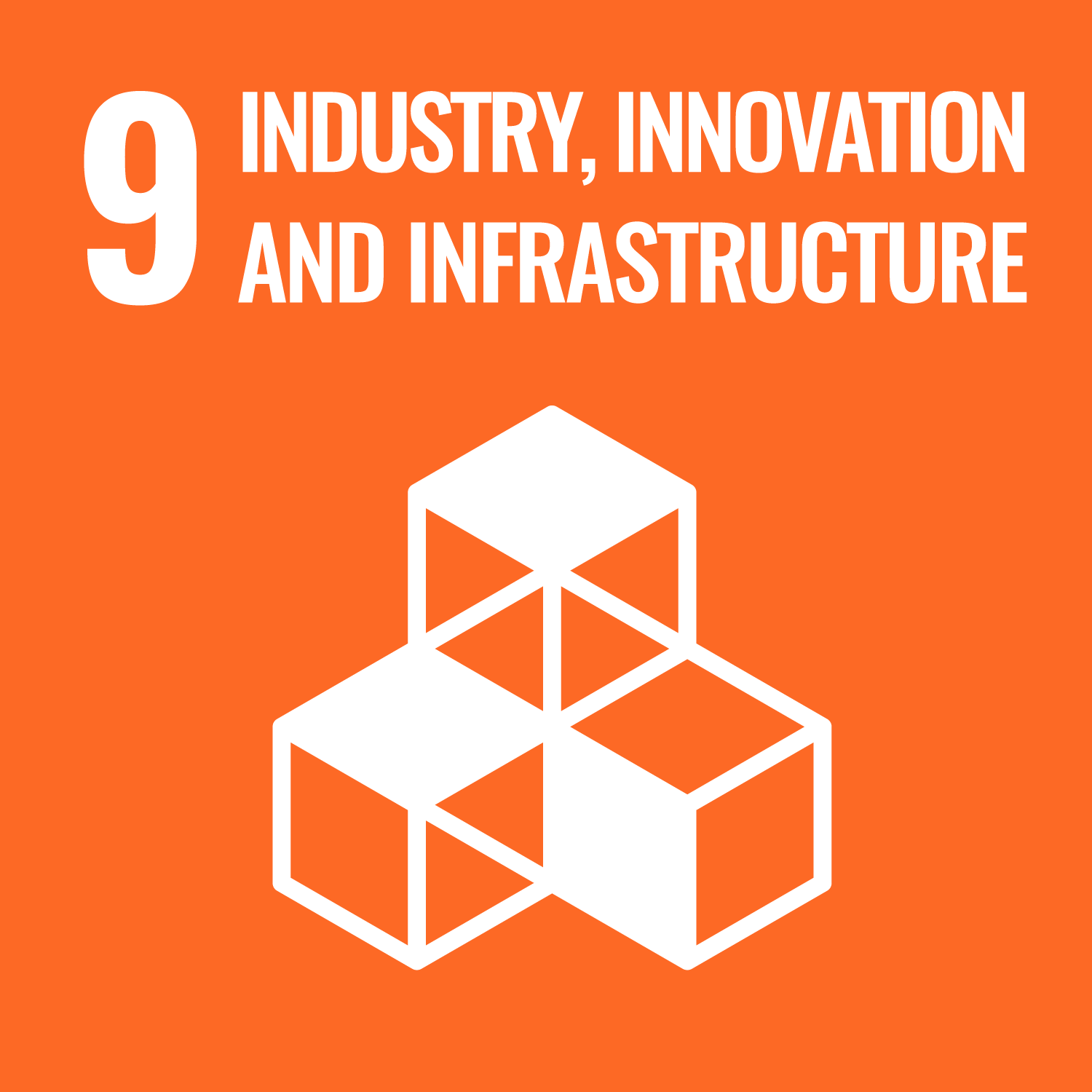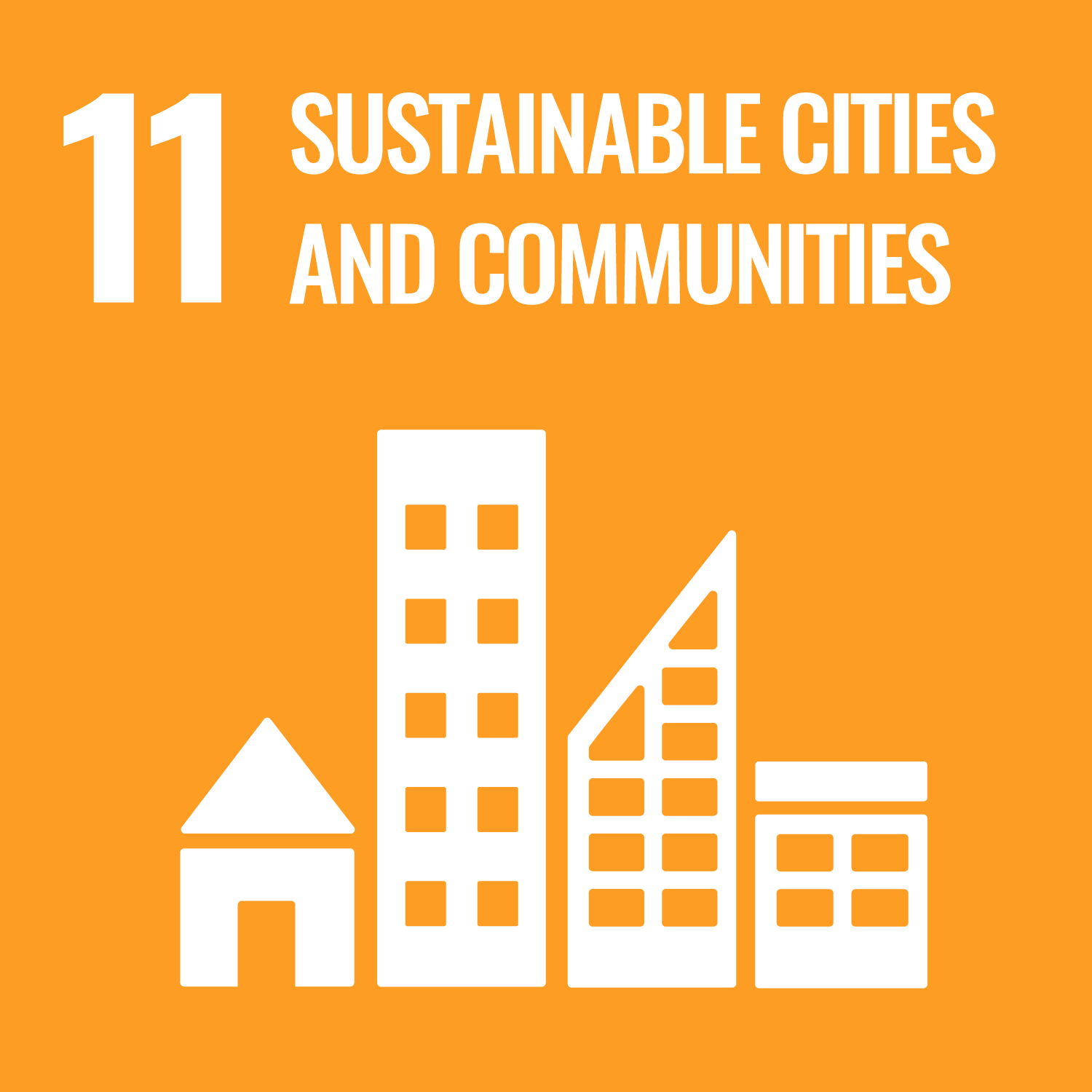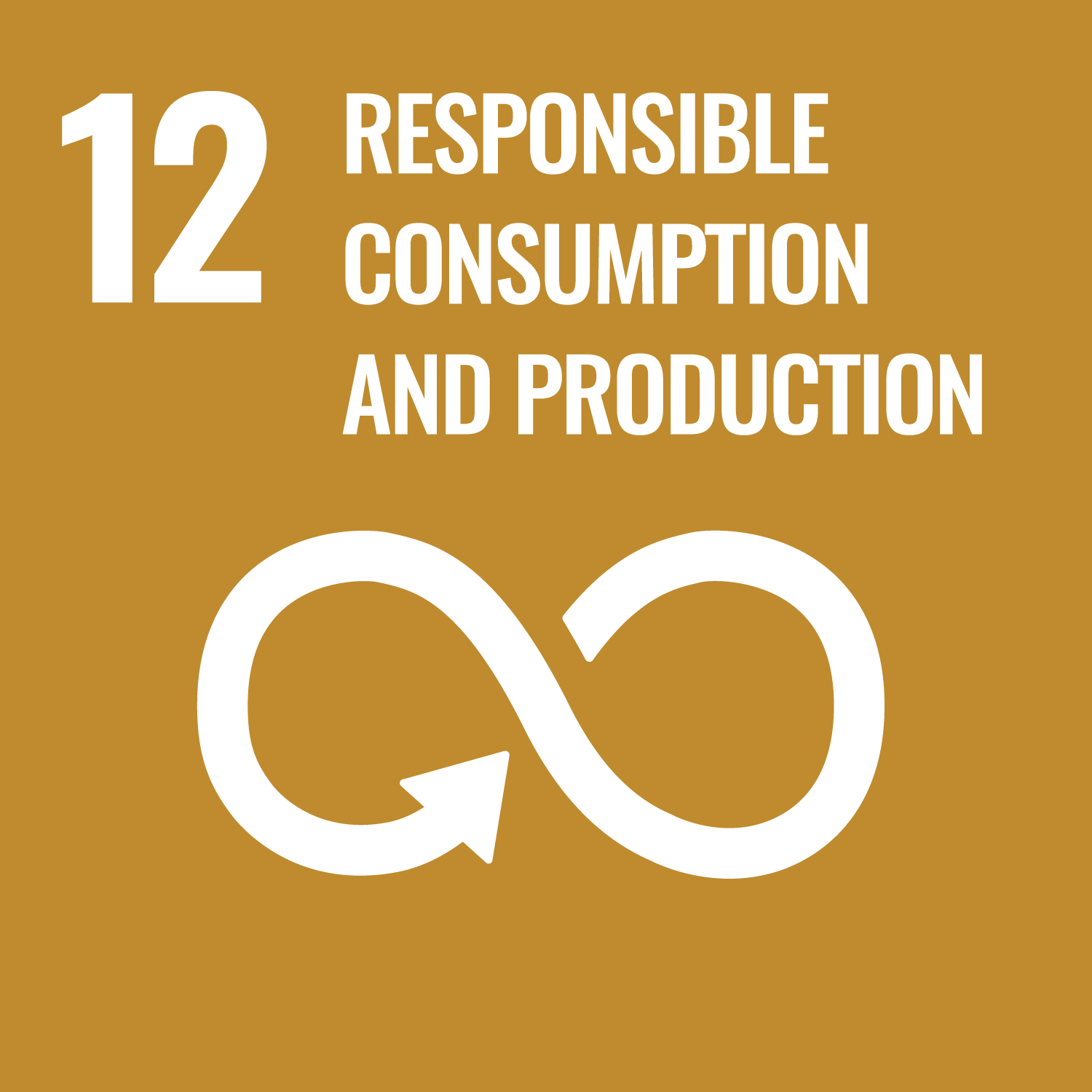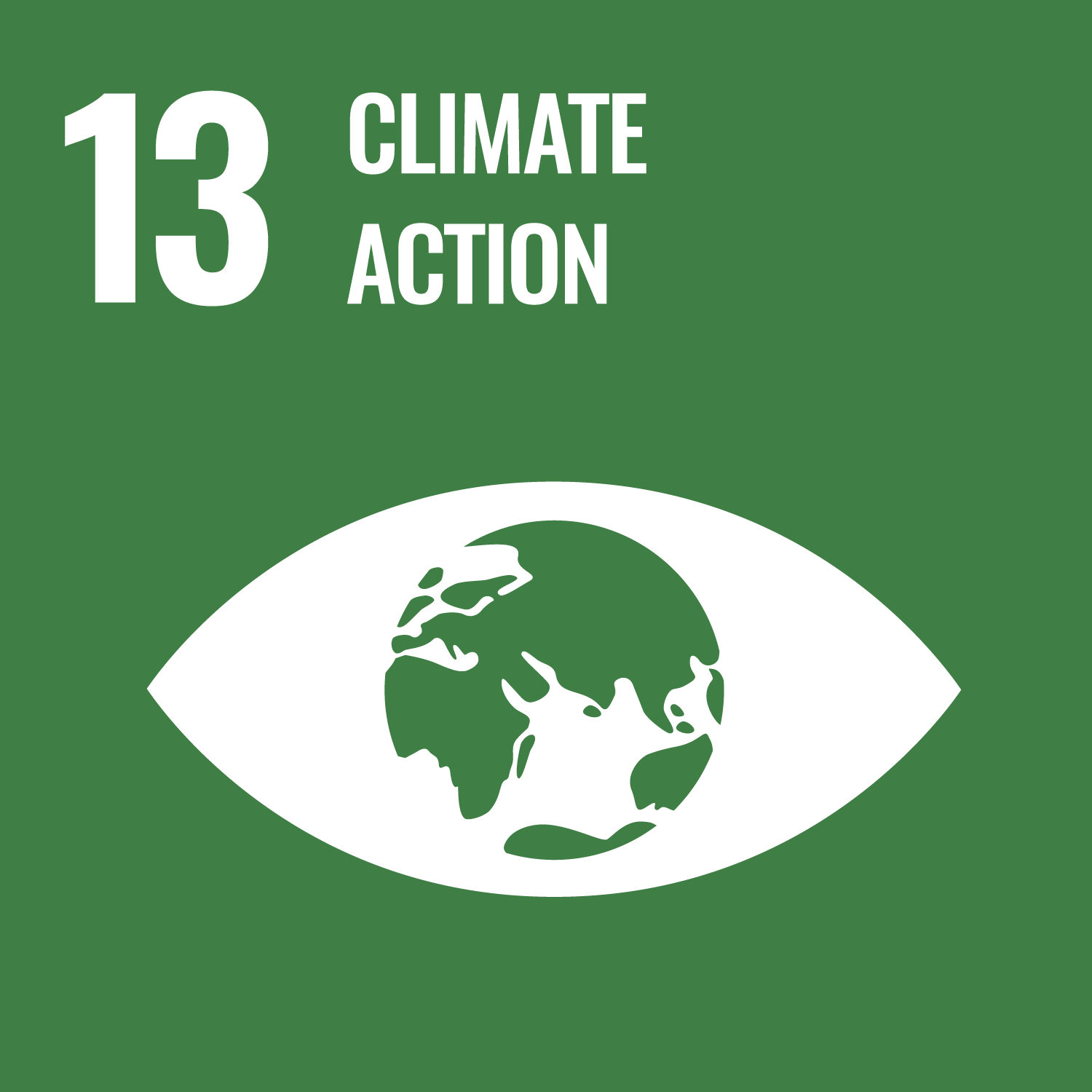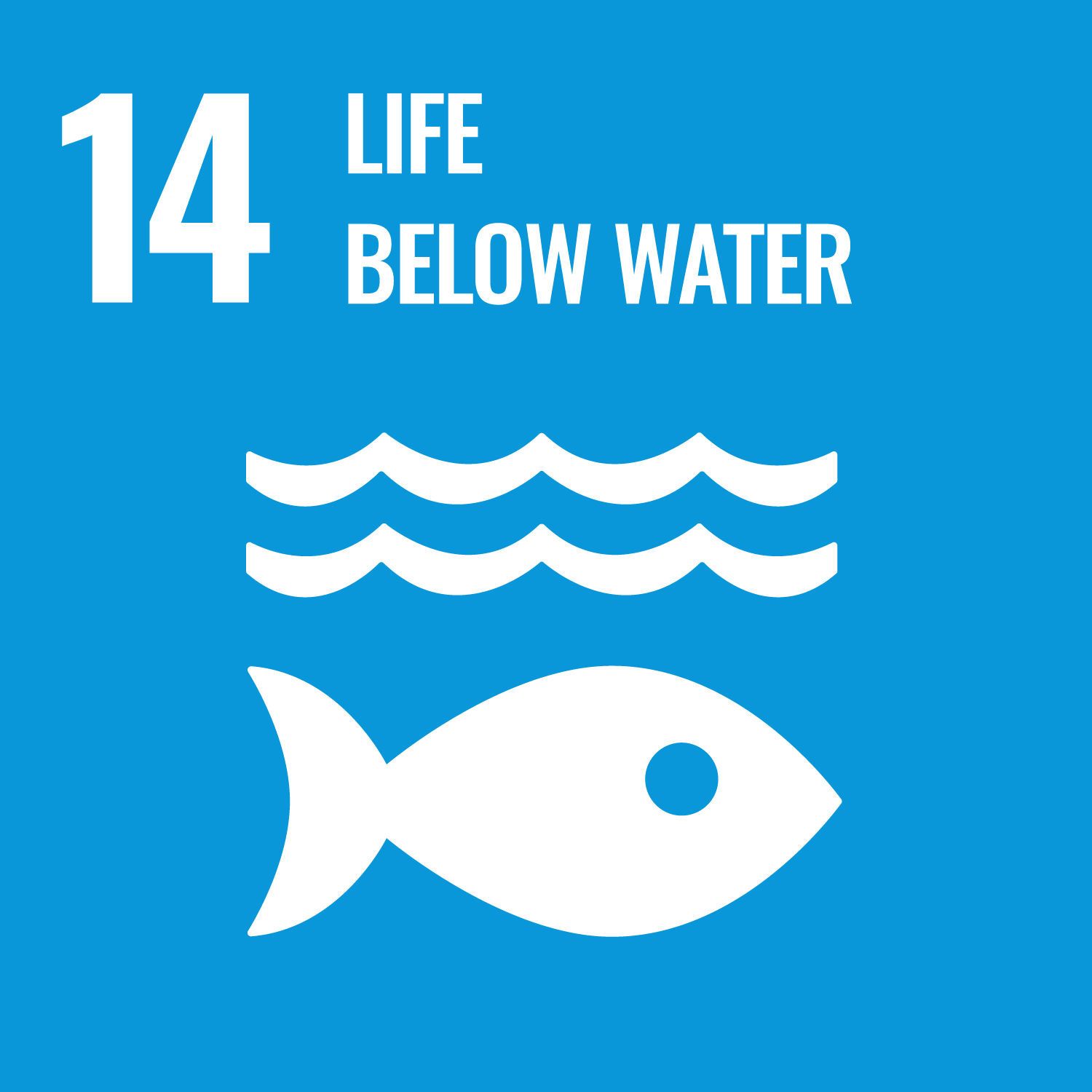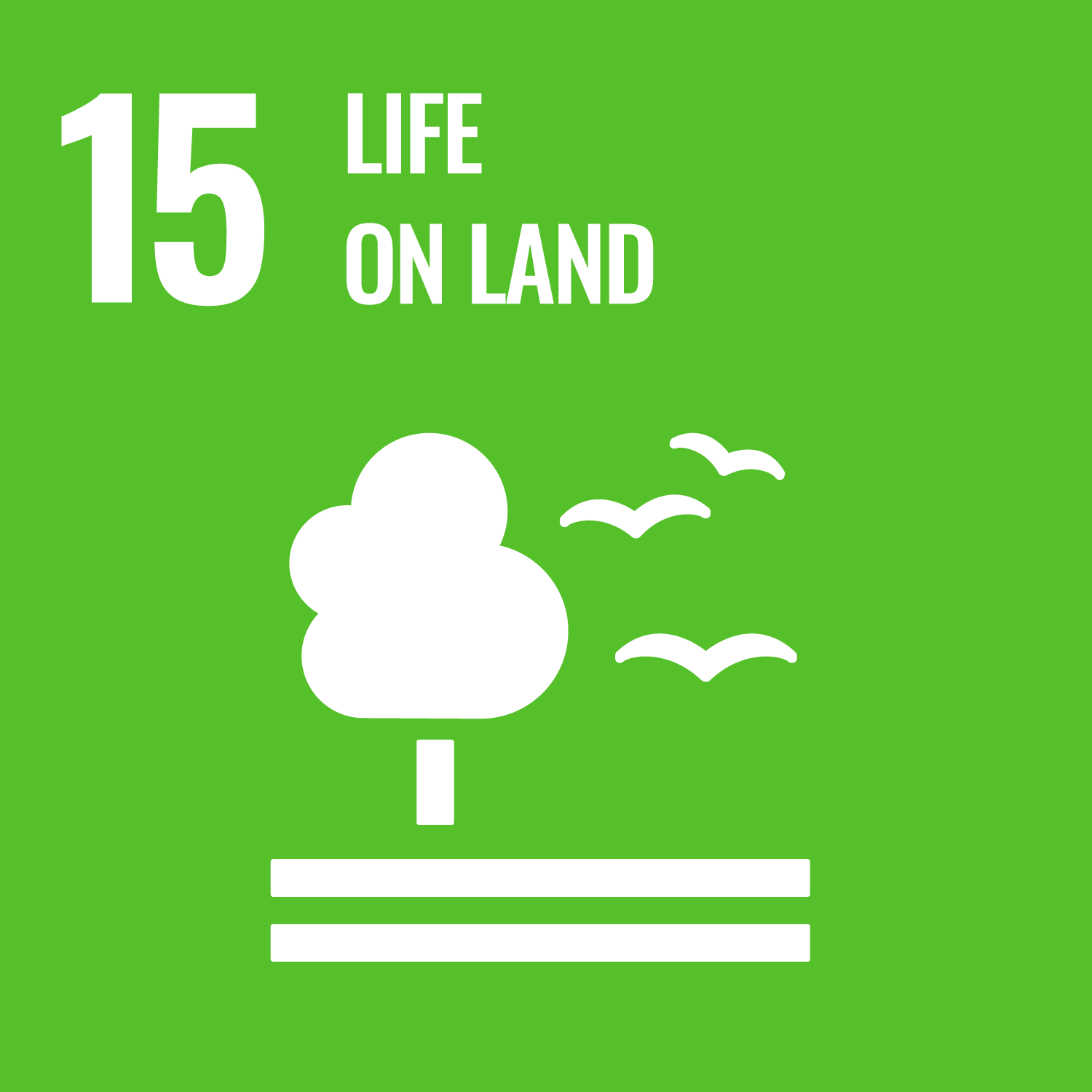
About
Our Story
The community of Boracay is often overshadowed by the island's tourism. But the people have lived here for 9 generations, when living on the island was rough and it was a gamble to stay. They relied heavily on each other, exchanging crops from the highlands with fish from houses near the shore. Even in today’s booming age of tourism, this sense of togetherness “pagkakaisa” can be felt. But tourism is a double-edged sword. While it grants wonderful economic opportunities, it causes harm to the daily lives of the people and future generations when not kept in check.
There is only minimal space in the landfill and the waste keeps on piling. It will be the burden of the children today if we do not start on an innovative and aggressive waste management plan.
Boracay
The island of Boracay was only discovered as a tourist destination in the 1980s. Known for its powdery white sand beaches and crystal clear turquoise water, there is no doubt why over 1 million local and international visitors come annually.
Unfortunately, this means that Boracay also generates on average 30 to 33 tons of waste since 2018 (EMB). Since it cannot be processed on the island itself, it has to be shipped off to the mainland, costing the local government millions of pesos every year.
Source: Environmental Management Bureau
Global Sand Shortage
Construction and renovation are constants on Boracay Island, where the demand for building materials is ever-growing. Sand, the world’s second-most-used resource next to water, is in critical shortage globally—a crisis that directly impacts the island. The constant ferrying of finite construction materials like cement and concrete mix to Boracay not only adds to the environmental strain but also makes the island’s development unsustainable in the long term.
Our solution tackles this urgent problem by transforming waste glass into high-quality sand, reducing the island's reliance on increasingly scarce and costly natural resources. This innovative approach not only addresses the global sand shortage but also promotes a circular economy on Boracay, turning waste into a valuable asset for sustainable construction.
No Space 4 Waste
No Space 4 Waste began with the habit of picking up trash from the white beach and dives. It quickly became very clear to both Wynken and Dom that the waste situation in Boracay had gone out of hand. No Space 4 Waste is a social enterprise that aims to bring back the paradise of Boracay, one bottle at a time.
Through our operations, we can curb the amount of waste from Boracay that gets sent to the landfill. Out of the 33,000 kgs of waste, 20% is recyclable Together, we can pave the way to a more sustainable island for both the people who enjoy Boracay in passing and the community invested in its future.
Our Team
-

Wynken Gelito
Co-Founder and Project Lead
Wynken is a Tumandok of Boracay and she dedicates No Space 4 Waste to give back to the community and the island she grew up on. She is a double degree graduate of BS Health Sciences and BS Communications Technology Management at Ateneo de Manila University. She has 4 years of National and Regional NGO experience under her belt in communications and programs, focused on the environment with some public health on the side. When she isn't busy crushing glass, she is working on her passions in volunteering for kids and animals, making music, researching sustainable fashion, and trivia.
-

Dominic Napat
Co-Founder and Development Director
Dominic is an environmental advocate with a double degree in Business Management and Chinese Studies from Pacific Lutheran University in the state of Washington, USA. Dom is a jack of trades and has traveled the world as an educator, professional scuba dive master, freediving instructor, and athletic nutritionist. Boracay is his home and is passionate about preserving the island’s paradise. He has been involved in scientific marine surveys, dive clean ups, and search and recovery operations throughout Panay Island.
-

Wilbec Gelito
Chief Financial Officer
Wilbec is the President of Accessline Inn & Trading, an established hardware, construction, and electrical supplies provider in Boracay. He served as a Vice Mayor and Councilor of the Municipality of Malay, Aklan, for multiple terms. He is credited with some of Boracay's environmental policies, such as shifting to electric tricycles (e-trikes) from gas-run tricycles. His passion for serving his fellow Boracaynons extends beyond the office as he is still active in Boracay’s welfare today.
Impact
Solid Waste Management Data
Sustainable Development Goals
Partner Establishments


